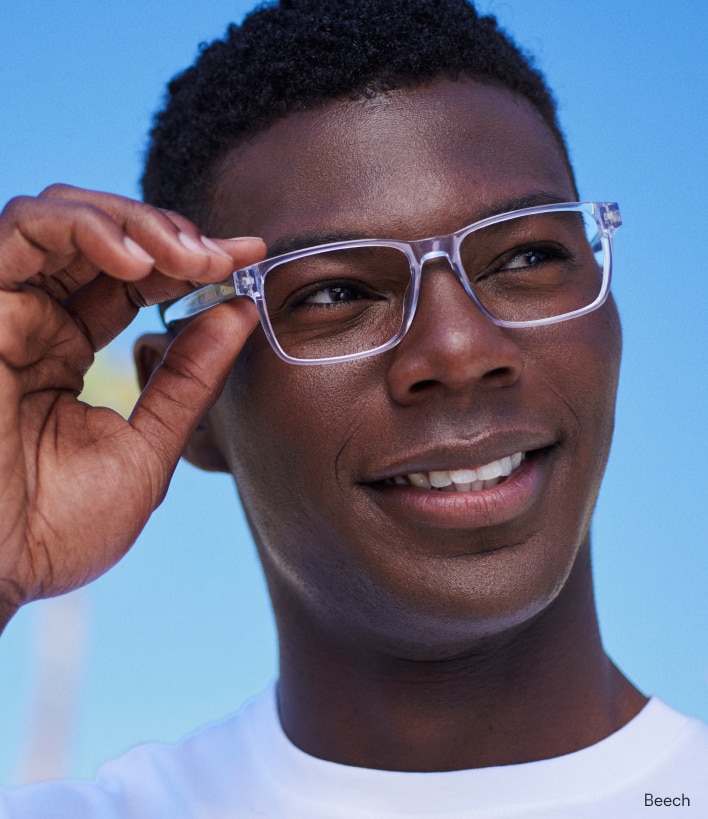In the EBD Blog
Patients, particularly those over the age of 40, often ask about reading glasses and tend to want to know: “Are reading glasses bad for your eyes?” My typical answer: No, not if you actually need them. So, who does actually need reading glasses? Well, many people. As mentioned, most people over 40 will need some type of reading eyewear due to the onset of presbyopia. Presbyopia is the gradual loss of the focusing ability of your lens inside of your eyes. It’s a completely normal change that occurs as we get older. Depending on their overall vision, most people start to notice presbyopia around the age of 45-50, although it’s not uncommon for people around 40 to also notice changes.
Another group of people who could find themselves using reading glasses are those whose eyes don't focus properly at a young age. This is usually referred to as accommodative dysfunction and the symptoms can range from outright blur at near to eye strain and headaches after even a short amount of near work or reading, among other things. Finally, some people, regardless of age, with a normal and healthy focusing system find that wearing reading glasses simply helps their eyes relax with extended near work, allowing them to be more productive and less fatigued later in the day.
So, is it Bad Wearing Reading Glasses if You Have Perfect Vision?
No, it really isn’t. But, let’s define ‘perfect vision’. In this case, perfect vision would refer to distance vision. A lot of people with perfect distance vision find that they can be more productive and less tired, as mentioned above, while wearing reading glasses for near work. Now, that doesn’t necessarily mean everyone should wear reading glasses. If you’re nearsighted, and have ‘perfect vision’ up close, you may not need to wear any glasses at all, or you may actually have to wear your distance prescription (depending on how bad your nearsightedness is) to even see up close at a comfortable distance. In this case, putting reading glasses on a nearsighted person will actually make them more nearsighted. You don’t want to be doing paperwork a few inches from your nose all day!
Can Reading Glasses Ruin Your Vision?
One of the biggest misconceptions about reading glasses is that they make your near vision worse, or your eyes become ‘dependent’ on them. I can’t tell you how many times I’ve heard “I didn’t need these until I started wearing them!” However, reading glasses won’t ruin your vision and wearing them isn’t the reason your near vision is worsening. You’ll become more dependent on them as presbyopia sets in, but, this would happen regardless of whether you wear reading glasses or not.
Are Non-Prescription Reading Glasses Bad for Your Eyes?
The short answer is it depends. The short explanation is that if your eyes have about equal vision and the non-prescription readers fit your face, align with your eyes, and are the correct strength to correct your vision comfortably, they’re perfectly fine! So, if you’re still wondering: are reading glasses bad for your eyes? The answer’s no, they aren’t ‘bad’ for your eyes if those criteria are met. Of course, the major benefit of prescription readers is they’re specifically tailored for you and your visual needs. So, it’s always advisable to at least consider getting a prescription pair. In conclusion, don’t be afraid to wear readers if you need them! They aren’t bad for your eyes and won’t make them worse. You may be surprised by the benefits of wearing readers but you won’t know unless you give ‘em a try!








